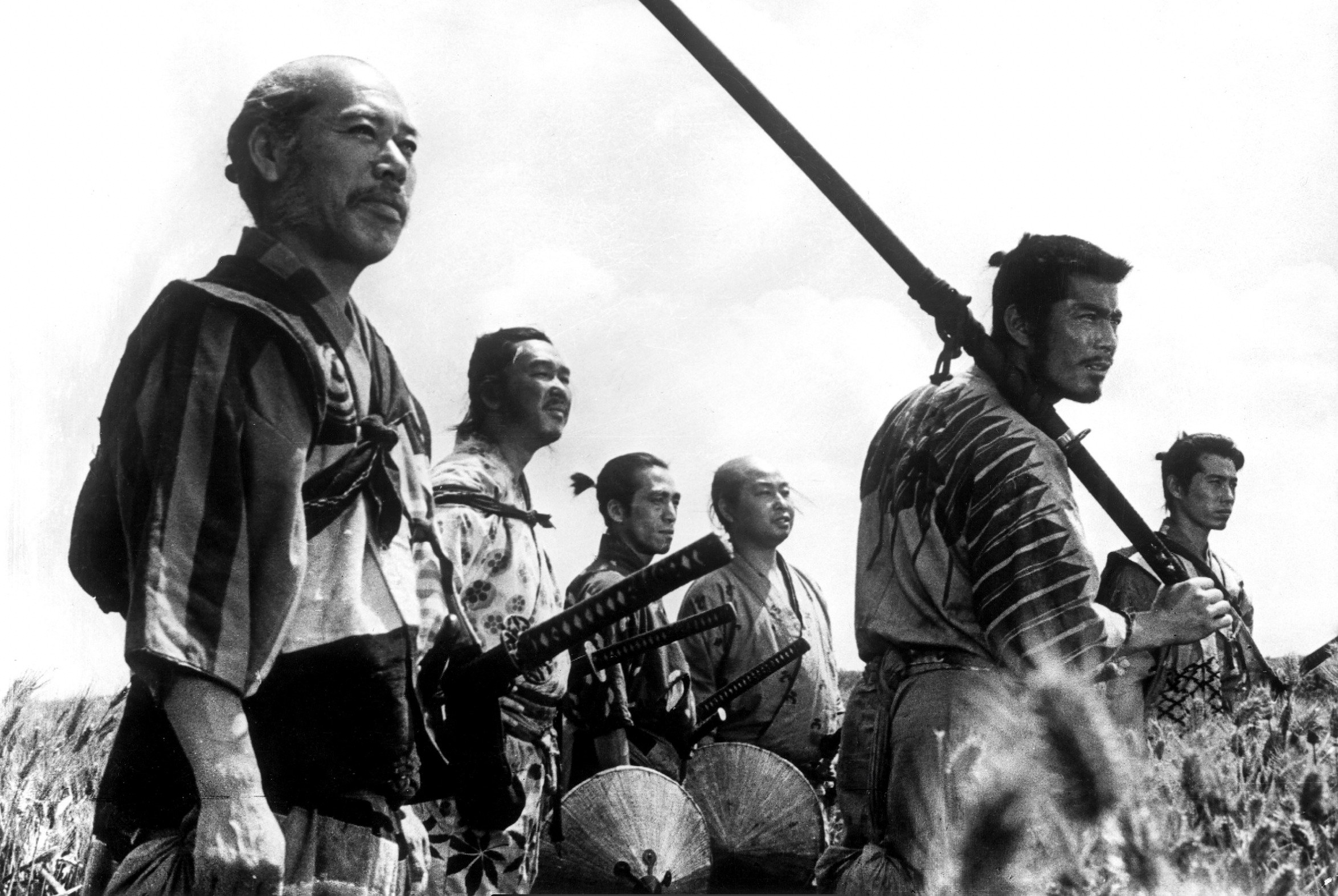The Hagakure: Duty Beyond Contrivance
by Donavon L Riley
“It is a wretched thing that the young men of today are so contriving and so proud of their material possessions. Men with contriving hearts are lacking in duty.” — Yamamoto Tsunetomo, Hagakure
The Trap of Contrivance
In the United States, in a culture shaped by consumerism and the relentless pursuit of success, the term “contriving hearts” emanates with a haunting resonance. Young men, and indeed individuals of all ages, often allow themselves to become ensnared in the pursuit of material possessions, their lives molded by the belief that tangible wealth equates to success and fulfillment.
The modern desire to acquire and showcase material wealth, from an ethical standpoint, is a questionable pursuit, but when it becomes a person’s sole focus, it overshadows deeper, more profound aspects of human existence. The Hagakure reminds us that a contriving heart, fixated solely on accumulating possessions and external markers of success, is a wretched state. It suggests a spiritual impoverishment, a loss of connection with God and therefore, with higher ideals, and a neglect of one’s fundamental duties as a citizen, which is helping to better the lives of others.
The Hollow Victory of Material Pride
Material possessions, while providing comfort and convenience, should not define one’s identity or sense of accomplishment. The time-tested wisdom presented to the reader in the Hagakure challenges the prevailing narrative that measures success solely by the accumulation of wealth or possessions. It asserts that when material pride becomes the sole metric of one’s worth, a hollowness pervades even the most opulent existence.
Consider a man with overflowing coffers but an empty soul. The grandeur of his possessions, though impressive, fails to fill the void left by a lack of duty, purpose, and a deeper connection to God and other people. The Hagakure speaks to the futility of a life solely built upon the scaffolding of material wealth, emphasizing that true fulfillment arises from fulfilling one’s duty to self, society, and the greater whole.
Duty Beyond the Superficial
The contrasting notion in the quote is the assertion that men with contriving hearts are lacking in duty. Here, “duty” transcends the mundane tasks of daily life; it encapsulates a profound responsibility to one’s self and society. Duty, in the samurai ethos, is not a burdensome obligation but a sacred calling that imbues life with meaning and purpose.
In the context of the Hagakure, duty involves a commitment to principles, honor, and service to others. It beckons individuals to transcend the superficial pursuits of a contriving heart and embrace a more profound sense of responsibility. This duty is not born out of coercion but emerges as a natural consequence of understanding one’s role in the warp and weft of daily life.
Cultivating a Sense of Duty
The path to embracing duty requires intentional steps and a shift in perspective. Here are practical ways to cultivate a sense of duty in the modern context:
- Reflect on Values: Take time to identify and reflect on personal values. What principles guide your actions? Aligning with deeply held values forms the foundation of a sense of duty.
- Serve Others: Engage in acts of service to others, whether through volunteering, mentoring, or simply offering a helping hand. Acts of kindness not only benefit others but also foster a sense of duty and interconnectedness.
- Continuous Learning: Cultivate a commitment to continuous learning and personal development. Whether through formal education, self-directed study, or experiential learning, this commitment honors the duty to oneself.
- Lead with Integrity: If in a position of leadership, prioritize ethical decision-making. Leaders with a sense of duty prioritize the well-being of their teams and the broader community over short-term gains.
Rediscovering the Samurai Code for Modern Life
The wisdom of the Hagakure shines as a guiding light, urging individuals to transcend the trappings of a contriving heart. The pursuit of material possessions becomes wretched when divorced from a sense of duty. Duty, according to Yamamoto Tsunetomo, extends beyond the self, intertwining personal fulfillment with societal well-being.
The challenge for the modern individual, then, is to heed this call to duty, to recognize that true success emanates not from the abundance of possessions but from a life dedicated to principles, service, and a higher purpose. As we navigate the complexities of the 21st century, the wisdom of the Hagakure invites us to rediscover the timeless code of duty, infusing our lives with meaning, and contributing to a world where the pursuit of true success transcends the superficial allure of material wealth.
